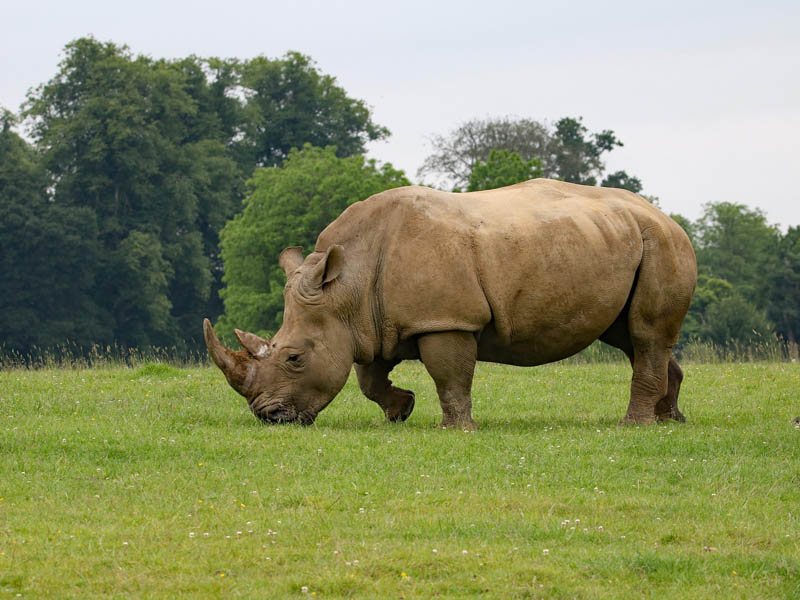“The character of a nation is reflected in the condition of her animals.”
Context:
In 2019, the Assam government created a special rhino Protection force to keep a check on rhino coaching and related activities at Kaziranga National Park. And this force has worked very effectively since then. For the first time in many years, no Indian Rhinos were not poached in Assam in 2022 since at least the year 2000.
Anti-rhino poaching efforts in Assam have earned spectacular results and other states of India can learn from it. The Indian rhino is listed as vulnerable in the IUCN and red list. It was earlier placed in the endangered category according to the WWF.
There are around 3700 Indian Rhinos in the world today and Assam’s Kaziranga National Park alone has 2613 animals. According to the census carried out in March 2022 there are more than 250 other Rhinos in the Orang, Pobitora, and Manas parks. The WWF says the recovery of the Greater one-horned rhino is among the greatest conservation success stories in Asia.
Interesting Facts about the Rhinos:
● The Indian rhino, also called rhinoceros unicorn, is found only in the Brahmaputra valley, parts of North Bengal, and parts of Southern Nepal.
● It has a single Black horn that can grow up to 60 cm and a tough gray-brown hide with skin folds which gives the animal its characteristic armor-plated look.
● Rhinos have been poached for their horn which is aesthetic in some cultures.
● In fact, the ground Rhino horn is used as traditional Chinese medicine to cure a range of elements like cancer, hangovers, an aphrodisiac, etc.
● In Vietnam, a rhino horn is considered a status symbol.
References:
https://www.owlsquotes.com/topic/30-inspirational-quotes-about-saving-animals.html
https://www.owlsquotes.com/topic/30-inspirational-quotes-about-saving-animals.html
https://byjus.com/free-ias-prep/indian-rhinoceros/



